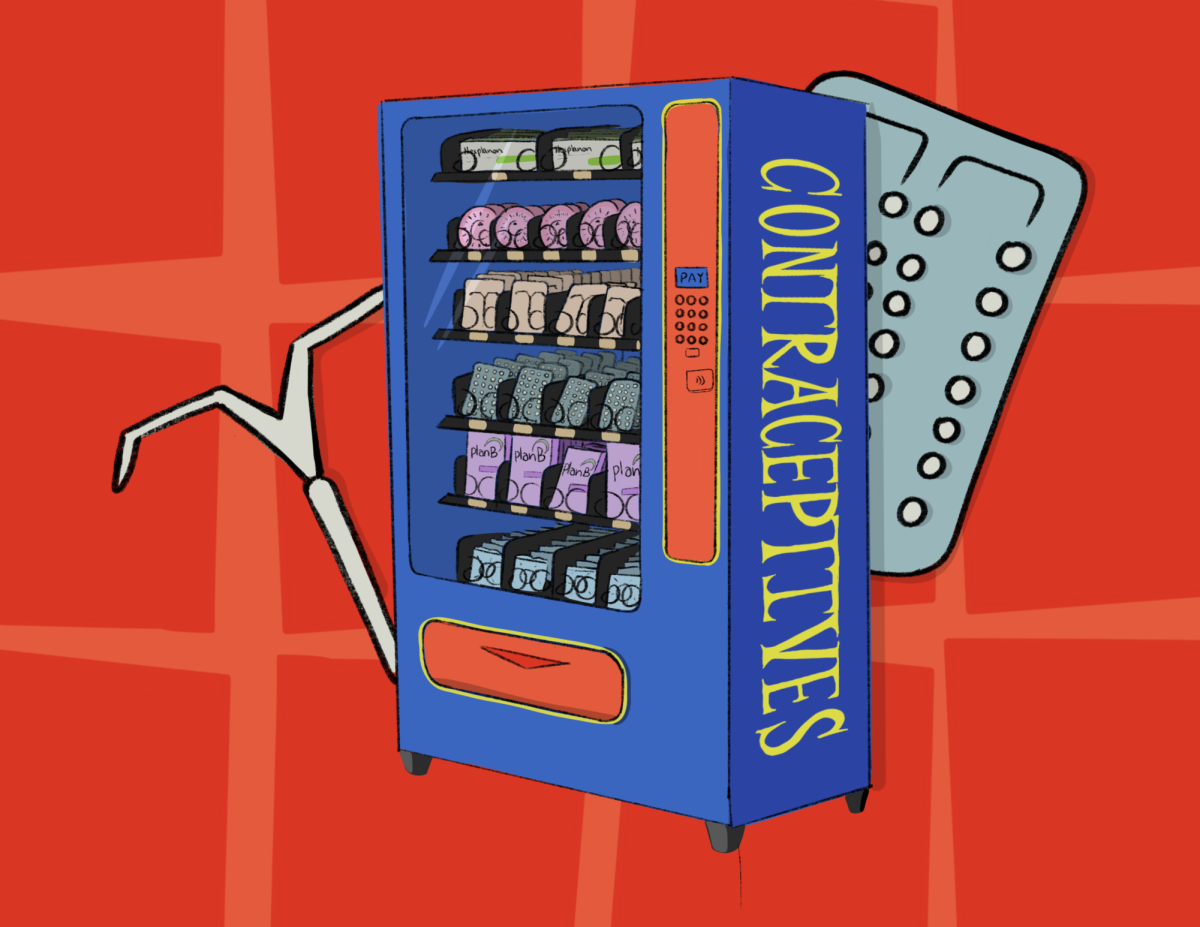As Donald Trump begins the arduous process of establishing an administration, further details are beginning to emerge regarding his economic vision. Throughout his campaign, the president-elect ran on the notion of placing “America-first,” especially within the global economic system. Following sharp criticism from key lawmakers this week, however, apprehension regarding his plan to increase federal spending and establish tax cuts is mounting.
One of Trump’s signature promises is an infrastructure spending program that would dwarf current allocations under the Obama administration. In his speech following the election, Trump promised that “We are going to fix our inner cities and rebuild our highways, bridges, tunnels, airports, schools, hospitals.” To achieve these aspirations, Donald Trump has pledged $1 trillion in government funding, which he believes will give the U.S. economy a boost. This form of economic stimulus—known as fiscal policy—is predicated upon significant government spending. Ideally, this spending creates millions of blue collar jobs, which requires the management expertise of white collar professionals.
It’s estimated that the cost of Trump’s tax plan could amount to a loss of $6 trillion over the next decade, however. Additionally, the impact of Trump’s fiscal stimulus could drastically affect the U.S. economy’s growth. Last Thursday, Janet Yellen of the Federal Reserve warned that the national debt could vastly increase if Donald Trump’s economic plan is instated. Yellen said that while the economy needed government appropriations after the market crash in 2008, it’s almost unnecessary now. As NPR reported, Yellen remarked that if lawmakers followed Trump’s vision, “there is not a lot of fiscal space should a shock to the economy occur…that should require fiscal stimulus.” Therefore, if another economic collapse transpired, the United States would be incapable of providing relief to various institutions.
Yet, there are others who doubt that staunch Congressional conservatives will endorse the $1 trillion fiscal package proposed by Trump. Rather, Republicans will likely support the president-elect’s idea of cutting taxes. While his proposal would cut taxes for some middle-class Americans, nearly 8 million families—a majority of which are single-parent households—would pay more. Although Trump’s plan would increase standard deductions to $15,000, that change would be outweighed by his elimination of other exemptions. Therefore, as the Associated Press detailed, “[a] family’s…tax bill would be $2,440 more than it is now.” So who would be the primary benefactor of these tax cuts?
Well, as the Tax Policy Center estimated, “[Trump’s] proposal…in dollar and percentage terms, would go to the highest-income households.” Indeed, the richest 0.1% of the United States population would receive cuts totaling nearly $1.5 million annually. While consistent with fundamental Republican principles, these measures rely heavily upon trickle-down economics. Therefore, while Trump would certainly help those at the top, he would hurt consumers in the U.S. Increased government spending, coupled with lower tax revenues, would produce immense budget shortfalls. Assuming that Trump is able to instate both policies, some estimate that the U.S. deficit could near $800 billion in his first few years. This would cause prices to skyrocket, with eventual reductions in real wages.
Finally, Trump’s devout interest in affecting U.S. trade policy could deteriorate numerous international relationships. Throughout his campaign, Trump promised to impose tariffs on Chinese imports—a move that Chinese officials warned would result in reciprocal tariffs on U.S. exports. Additionally, Trump has promised to withdraw from NAFTA, which would raise costs on U.S. businesses that rely on trade with Mexico and Canada. These trade barriers would force suppliers to increase their prices, fueling higher inflation rates on various goods and services. This would hurt the aforementioned middle-class consumers that would be burdened by higher taxes.
Consequently, a drag on the national economy would occur, significantly slowing its modest growth. This comes at a time when the Federal Reserve is eying an increase in interest rates, which would make foreign investment costly. As Business Insider reported, “…the longer-term effects on US growth are negative because the fiscal boost peters out and the other policies…weigh on growth.” Indeed, the United States could soon face lower export rates and damaged relationships with vital trading partners. Ultimately, Donald Trump’s economic vision has the potential to throw the United States into a deep financial hole, as his economic plan simply doesn’t add up.

















